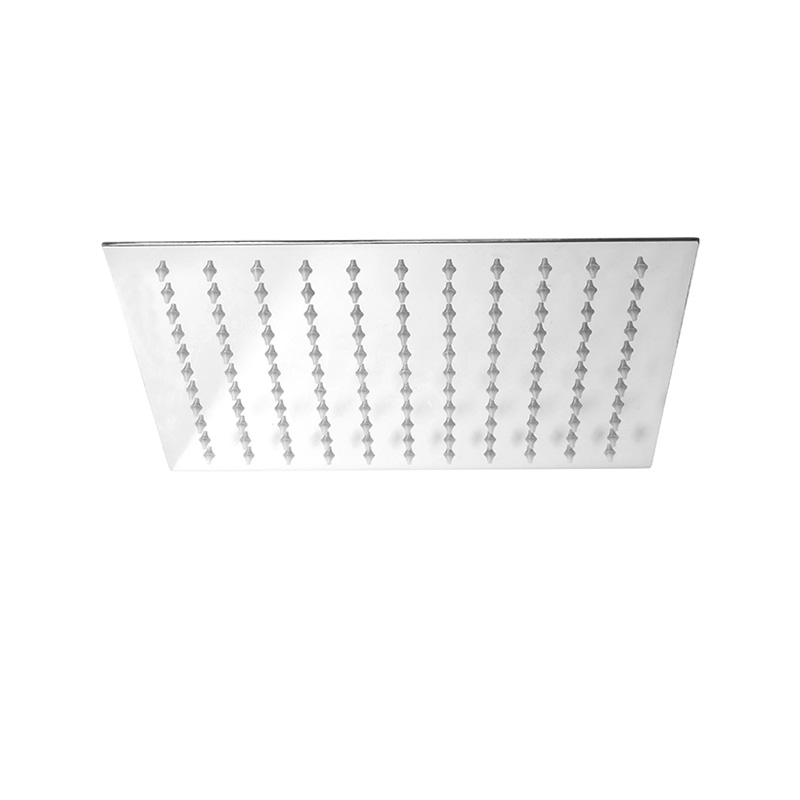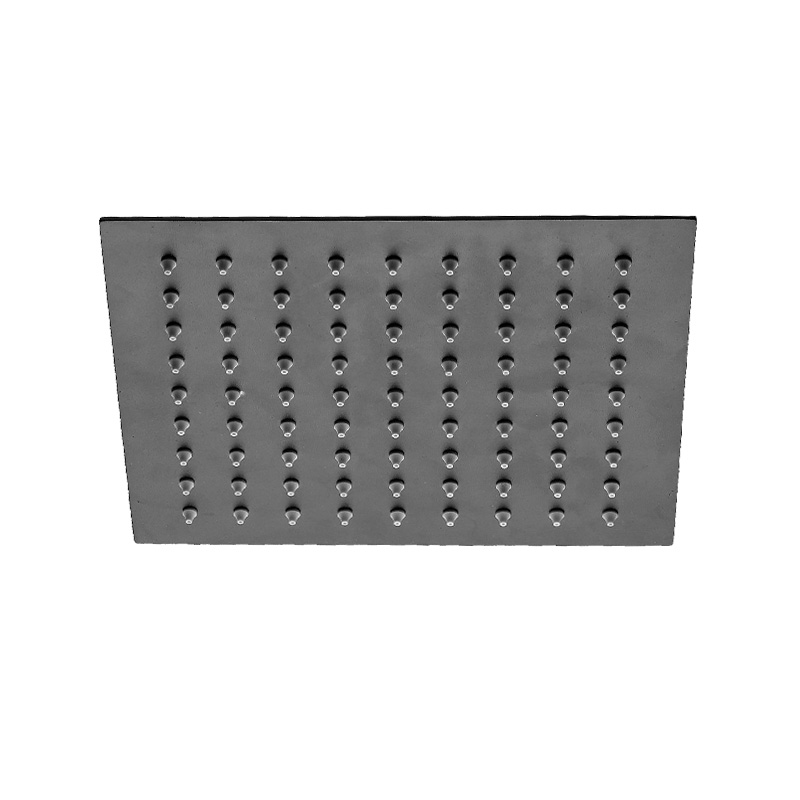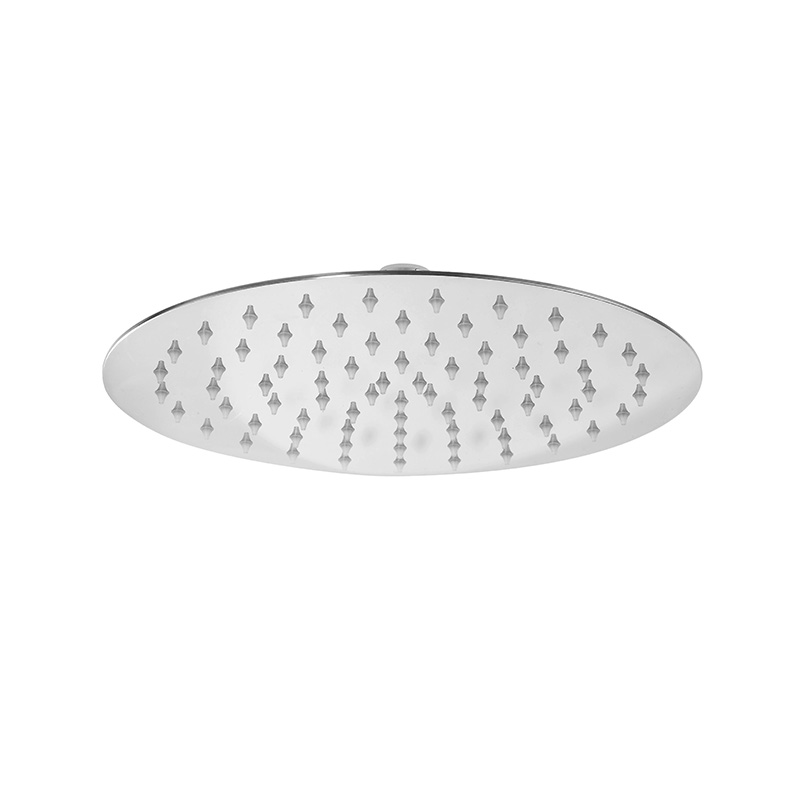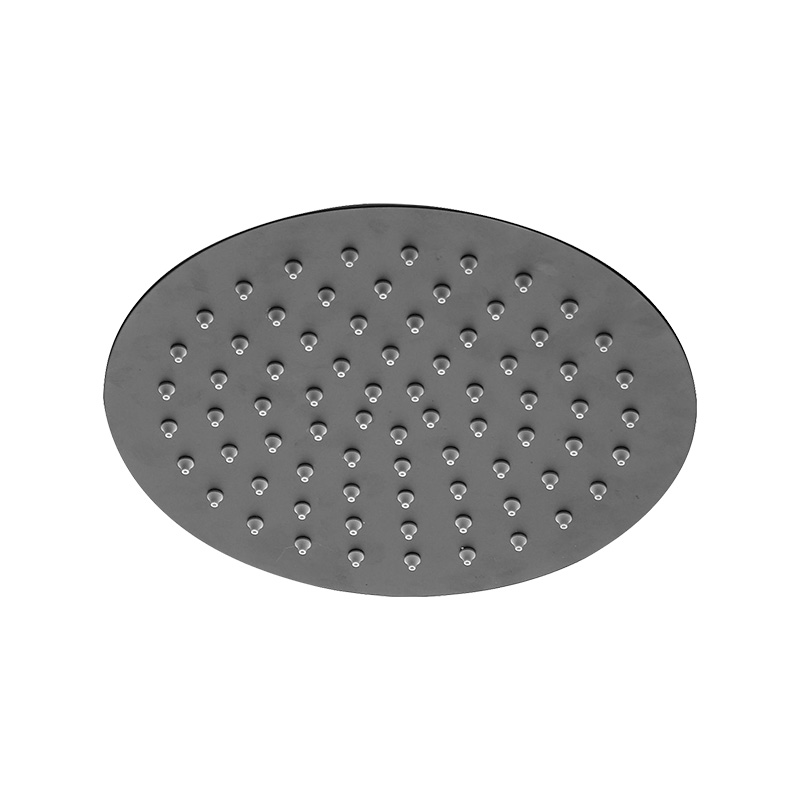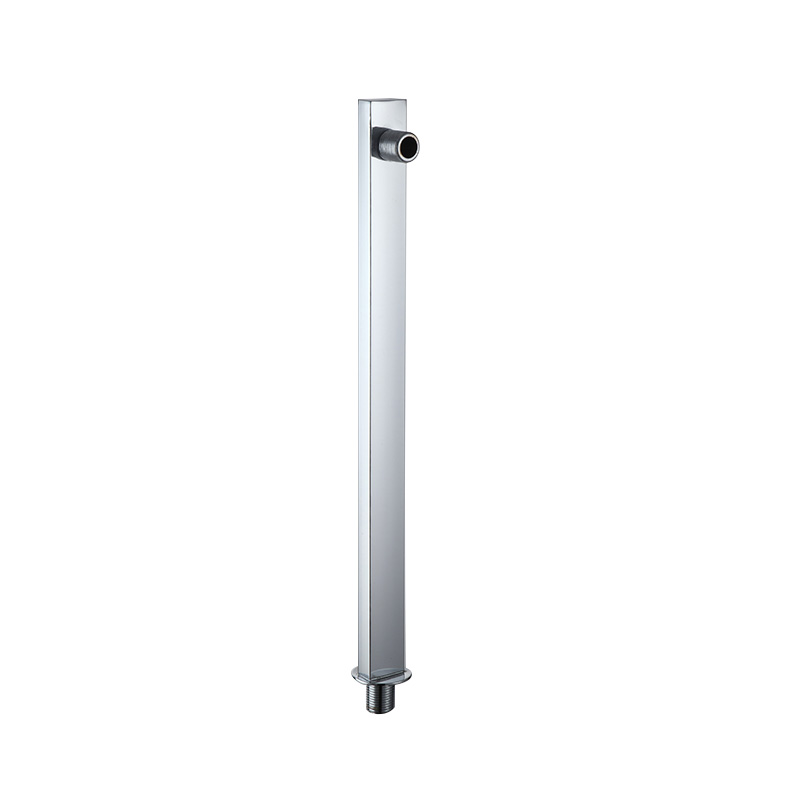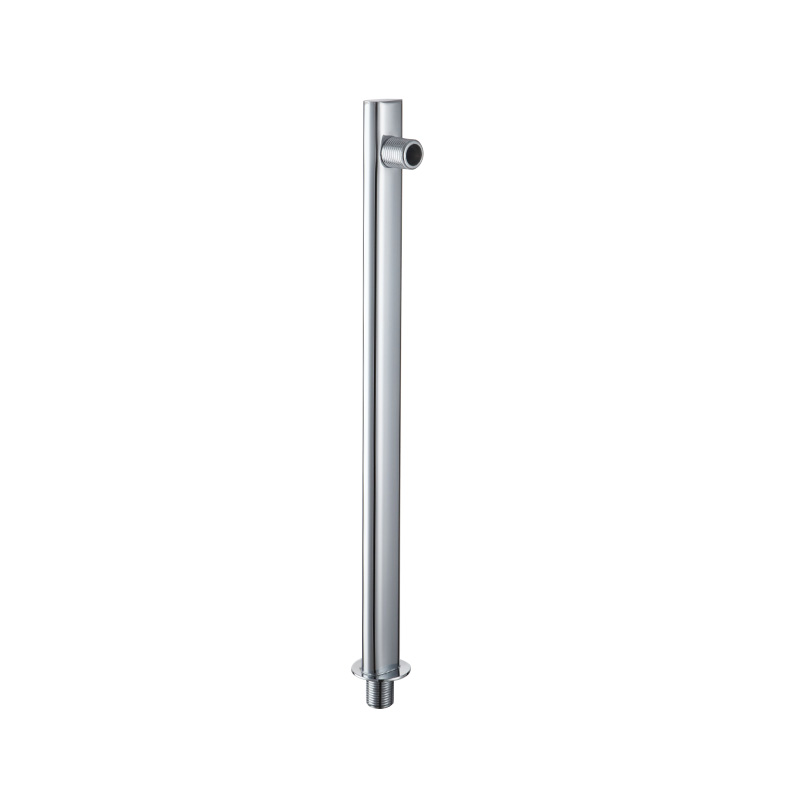Floor drains play a crucial role in maintaining hygiene and functionality in various settings, from bathrooms and kitchens to industrial facilities. However, they can often become sources of unpleasant odors due to trapped debris, bacterial growth, or evaporated water seals. To effectively manage and eliminate these odors, several proactive measures can be taken, ensuring a fresh and sanitary environment.
1. Installation of Odor-Proof Floor Drains:
The cornerstone of odor prevention lies in installing high-quality, odor-proof floor drains. These drains are designed with advanced sealing mechanisms that prevent foul odors from escaping. Features such as gravity self-sealing ensure a tight closure even when not in use, effectively blocking odors and potential pests. Regular maintenance of these drains is essential to uphold their odor-proof capabilities.
2. Regular Cleaning and Debris Removal:
One of the primary causes of floor drain odors is the accumulation of hair, grease, and other debris. Regular cleaning around the drain and within the pipe is crucial. Using pipe dredging agents or homemade solutions like a mixture of baking soda, white vinegar, and hot water can dissolve organic matter and disinfect the drain, curbing odor at its source.
3. Ensuring Adequate Water Seal:
The water trap beneath the floor drain is a vital barrier against sewer gases. Maintaining a sufficient water level within this trap prevents these gases from entering the room. In hot climates or low-traffic areas, water can evaporate, compromising the seal. Periodically pouring water into the drain helps replenish the seal and prevent odor infiltration.
4. Utilization of Odor-Proof Filter Cores:
Enhancing the effectiveness of floor drain maintenance involves installing or replacing filter cores with odor-proof variants. These cores actively neutralize odors by filtering out particulates and impurities, ensuring a consistently fresh environment.
5. Addressing Floor Drain Clogs Promptly:
Clogs in floor drains not only impede drainage but also contribute to foul odors as organic matter decomposes. Utilizing drain augers or enzymatic cleaners can effectively break down blockages and restore proper flow, reducing the potential for odor buildup.
6. Ventilation and Air Circulation:
Adequate ventilation is essential in areas with floor drains, particularly after activities that may increase humidity or odors. Opening windows or using exhaust fans helps disperse odorous air and maintain good indoor air quality.
7. Professional Maintenance and Inspections:
Periodic inspections by plumbing professionals ensure early detection of potential issues such as leaks or deteriorating seals. Professional cleaning services can also provide thorough maintenance, including deep cleaning of drains and comprehensive odor control measures.
By implementing a combination of proactive maintenance practices and utilizing advanced technologies such as odor-proof floor drains and filter cores, it is possible to effectively manage and eliminate floor drain odors. These measures not only enhance hygiene but also contribute to a more pleasant and comfortable living or working environment.
In conclusion, prioritizing regular maintenance, installing advanced odor-proof solutions, and promptly addressing any issues ensures that floor drains remain odor-free and functional, promoting a healthier environment overall.
Ensuring floor drains remain odor-free involves regular cleaning and using odor-proof solutions like specialized drain filters and maintaining adequate water seals. Promptly addressing clogs and ensuring proper ventilation further prevents unpleasant odors from spreading.

 English
English 中文简体
中文简体 عربى
عربى Español
Español